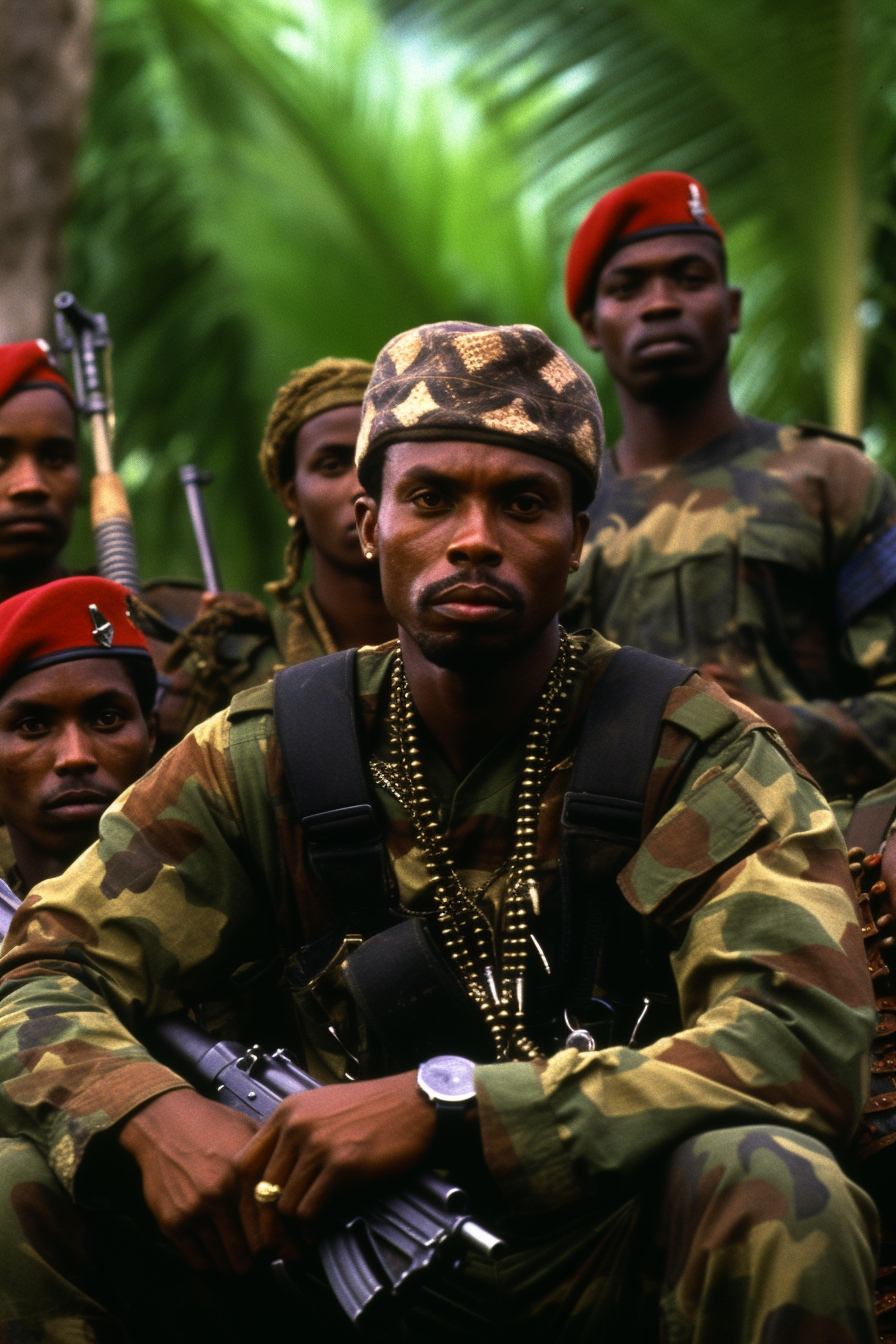Post
African Resistance to Imperialism
During the Age of Imperialism in Africa, African leaders and communities developed various forms of resistance to the encroachment of European powers. These strategies aimed to protect their lands, cultures, and sovereignty from foreign domination.
1. Armed Resistance
Many African societies organized armed resistance against European invaders. Leaders like Samori Touré in West Africa and Menelik II in Ethiopia led their respective armies to defend their territories. Armed resistance often involved skilled military tactics and weaponry, but it was ultimately challenged by the superior firepower and technology of the European forces.
2. Diplomatic Negotiations
Some African leaders sought to negotiate with European powers in an attempt to maintain self-governance and control over their regions. For instance, King Cetshwayo of the Zulu kingdom engaged in diplomatic negotiations with the British government, emphasizing the military strength and independence of his people. However, such negotiations were often unequal and often led to unfavorable concessions for African nations.
3. Use of Cultural and Spiritual Practices
African communities also resorted to cultural and spiritual practices as a means of resistance. This included the use of traditional rituals and beliefs to rally communities, maintain a sense of unity, and inspire resilience against European colonizers. Religious figures like Nehanda in present-day Zimbabwe and the Maji-Maji movement in East Africa played important roles in galvanizing resistance through spiritual leadership.
Despite their efforts, African resistance movements faced significant challenges. The technological superiority of European armies, political divisions within African societies, and the brutal suppression tactics employed by European powers all hindered successful resistance on a large scale. Nevertheless, the resistance movements played a crucial role in preserving African cultures, histories, and identities.
Overall, African resistance to imperialism during the Age of Imperialism showcased the determination and agency of African communities. These resistance efforts were a significant factor in shaping the narrative of Africa's struggle for independence and decolonization in the years to come.
